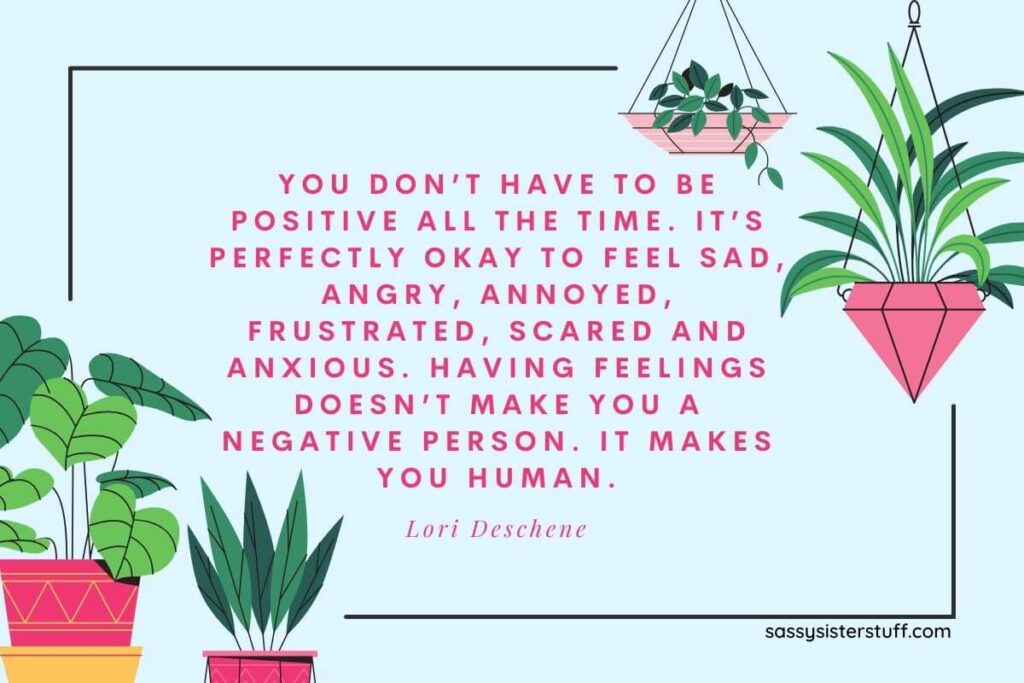50 Empowering Habits to Unlock Your Best Self
In this article, I’ll share over 50 empowering habits that support your mental clarity, rejuvenating sleep, and vibrant heart. Prioritizing yourself and creating a foundation for personal growth and well-being is essential to unlock your best self.
Women often overlook the basics of self-care, especially when it comes to habits that nurture mental health and quality rest. Yet, these factors have a powerful impact on overall well-being, including heart health.
Taking charge of your health habits is not just a choice, it’s a form of self-empowerment—and it’s time to focus on YOU!

By cultivating habits that enhance mental health, sleep, and heart vitality, you’ll create a balanced foundation that supports your journey to being your most vibrant self!
50 Self-Care Habits to Unlock Your Best Self
The number one habit for mental wellness? Getting enough sleep! After a personal health scare, I’ve learned firsthand just how critical it is. More on that later…
Explore this list of simple, yet powerful habits to boost your well-being and unlock your best self. Afterward, I’ll share my personal journey and how I uncovered the profound connection between mental health, sleep, and heart health.
Here are 50 easy, healthy and empowering habits to unlock your best self:
1. Get 7-8 hours of sleep each night.
2. Make your sleep environment comfortable and cozy.
3. Establish a consistent bedtime routine.
4. Incorporate regular exercise into your daily life.
5. Appreciate life’s little moments and find the silver lining.
6. Perform random acts of kindness to boost your mood.
7. Practice deep breathing exercises daily.
8. Eat a balanced breakfast each morning.
9. Spend time with pets—they offer emotional support.
10. Stay mindful and present to reduce stress.
11. Eat brain-boosting, nutritious foods.
12. Stay hydrated—water fuels your body and brain.
13. Avoid skipping meals to maintain energy levels.
14. Practice gratitude daily to develop a positive mindset.
15. Limit alcohol intake—it negatively impacts brain function.
16. Reduce processed foods for better cognitive health.
17. Socialize and cultivate positive relationships.
18. Remove toxic people and situations from your life.
19. Laugh more—it helps combat depression and anxiety.
20. Get outside for fresh air and Vitamin D.
21. Avoid multitasking—it disrupts mindfulness.
22. Plan vacations and fun activities to look forward to.
23. Smile more—it’s good for the soul.
24. Practice forgiveness to maintain emotional balance.
25. Prioritize self-love and self-care every day.

26. Be generous and kind—it enhances well-being.
27. Use positive affirmations to boost self-esteem.
28. Embrace hygge—find comfort in simple pleasures.
29. Set daily goals and live with intention.
30. Keep learning to maintain cognitive health.
31. Engage all five senses—smell, taste, touch, sight, and hearing.
32. Think positive thoughts to shift your mindset.
33. Take breaks and enjoy alone time when needed.
34. Reach out for support when necessary.
35. Meditate to promote mental clarity.
36. Practice yoga to release tension and stress.
37. Listen to music—it’s a natural stress reliever.
38. Dance freely—it boosts endorphins.
39. Let go of anger—negative emotions don’t serve you.
40. Quit smoking—it harms mental and physical health.
41. Call a loved one you haven’t spoken to in a while.
42. Seek professional help if you struggle with mental health.
43. Join community groups for social support.
44. Improve your posture—it affects mood and confidence.
45. Reduce screen time and take breaks from social media.
46. Don’t believe everything you think—challenge negative thoughts.
47. Stop overthinking—it leads to stress and anxiety.
48. Use stress-relief tools like a stress ball or fidget toy.
49. Set healthy boundaries for your time and energy.
50. Keep a journal to focus on positive emotions.

The Connection Between Mental Health, Sleep, and Heart Health
Recently, I experienced severe insomnia, which made me realize how deeply sleep deprivation impacts both mental and physical wellness.
I want to share my journey because many people may be facing similar struggles without recognizing the root cause.
My Personal Experience with Sleep Deprivation
I suffered a traumatic brain injury a few years ago, which led to ongoing sleep issues, daily headaches, and cognitive challenges.
But things escalated when I began experiencing extreme insomnia—staying awake for 30-36 hours at a time, then only sleeping for 4-6 hours before the cycle repeated.
The consequences were alarming:
- Random episodes of heart palpitations
- Worsening brain fog and memory lapses
- Difficulty making simple decisions
- Lack of appetite and nausea
- Poor balance and coordination
- Frustration over difficulty finding words in conversations
After multiple sleepless episodes, I finally sought medical advice. I had no idea that my symptoms were directly linked to sleep deprivation.

How Sleep Problems Affect Physical and Mental Wellness
My doctor explained that a lack of sleep contributes to numerous issues, including:
- Memory loss
- Mood swings and increased anxiety
- Impaired concentration and problem-solving
- Weakened immune system
- High blood pressure
- Heart disease
- Increased risk of stroke and diabetes
- Weight gain
- Poor balance and coordination
- Digestive issues
- Increased risk of accidents
- Headaches
- Emotionality and over-sensitivity
My doctor also explained that a lack of sleep and heart health are closely associated so it was crucial to get my sleep habits straightened out. My physical, mental, and emotional health were all in jeopardy.
Looking at this list, it’s clear that sleep hygiene is a vital part of our well-being.
The Serious Impact of Sleep Deprivation
Honestly, I had assumed my issues stemmed from hormonal imbalances and the brain injury, but my doctor explained that sleep deprivation was the real culprit, and the most serious.
She provided extensive information about sleep hygiene and recommended short-term medication to reset my sleep cycle while implementing long-term strategies for better rest.
Sleep Habits and Heart Health
Insomnia is also directly linked to high blood pressure and heart disease. Poor sleep habits often lead to unhealthy diet choices and reduced physical activity, further harming heart health.
A good night’s sleep allows your heart to rest, while sleep deprivation keeps your heart rate elevated, forcing it to work harder. Given that the heart is responsible for delivering oxygen to all organs, maintaining heart health should be a top priority.
According to the Sleep Foundation:
“Sleep provides time for the body to restore and recharge, playing a key role in nearly all aspects of physical health. For the cardiovascular system, insufficient sleep can contribute to high blood pressure, heart disease, diabetes, and stroke.”
This is why I’ve put together this list of 50 habits to help you unlock your best self. Without proper sleep and mental clarity, your heart health is at risk, and it becomes much harder to show up as your best self.
I hope sharing my experience helps you understand the vital connection between these three aspects of your health. I want you to be able to unlock your best self—by staying healthy and vibrant—with these simple habits.

Final Thoughts
I believe in progress, not perfection—and I encourage you to embrace that mindset too. Small, consistent steps toward better mental health, quality sleep, and heart health will lead to significant improvements in your overall well-being and a vibrant life.
Remember, it’s okay to have tough days. Be kind to yourself, honor your emotions, and take action toward nurturing your self-care.
Sleep is crucial for both a healthier mind and body, so let’s make sleep hygiene a priority! By doing so, you’ll begin to unlock your best self and live a more vibrant life.
Here’s to embracing better health, personal growth, and well-being together with these 50 empowering habits!
You may enjoy these Related Articles:
- 49 Best Health and Wellness Journal Ideas and Prompts
- 87 Quotes to Inspire You to Always Prioritize Yourself
- 15 Reasons to Fall in Love with Taking Care of Yourself
With love to ALL! ~ Susan







